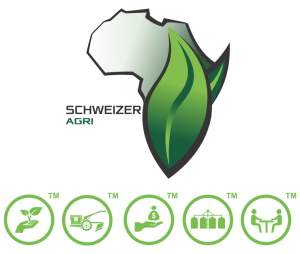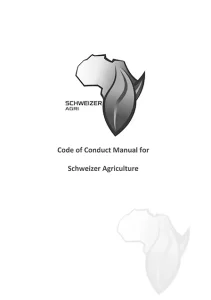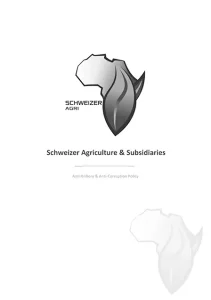Who We Are
We are an agribusiness company that links agriculture science, agricultural technology with agriculture and provide accessibility to markets through electronic warehouse receipts.
The opportunity identified includes three segments:

Primary Agriculture
Primary Agriculture, i.e. actual farming this historically has been the smallest component of Schweizer Agri’ parent company Infrastructure Project Delivery Solutions (IPDS) exposure to the Schweizer Agri-business sector;

Secondary Agriculture
Secondary Agri-business, ie exposure to companies processing the product of the primary agricultural sector (wheat, maize and soybeans) through its Joint Venture Partnerships with local, regional and international partners; and

Tertiary Agriculture
Tertiary Agri-business, ie exposure to companies providing inputs into the Agri sector, which in the case of Schweizer Agri has mainly involved fertilizer, hybrid seeds bio organic chemicals, trading, supply chain and logistics of the produce by 125, 000 contracted small scale farmers supported by Kachi Agri Micro Finance, Oasis Asset & Fund Managers and other input, technical and service suppliers.
Schweizer Agriculture is committed to conducting business ethically through its zero tolerance to corruption and bribery, as enshrined in its code of conduct and anti-bribery and anti-corruption policies
This includes compliance with anti-bribery and anti-corruption and human rights laws such as the Zambia’s Employment Act and the Human Rights Commission Act of 1996 as well as international statutes such as the International Bill of Human Rights, Universal Declaration of Human Rights, as well as the Guiding Principles on Business and Human Rights



